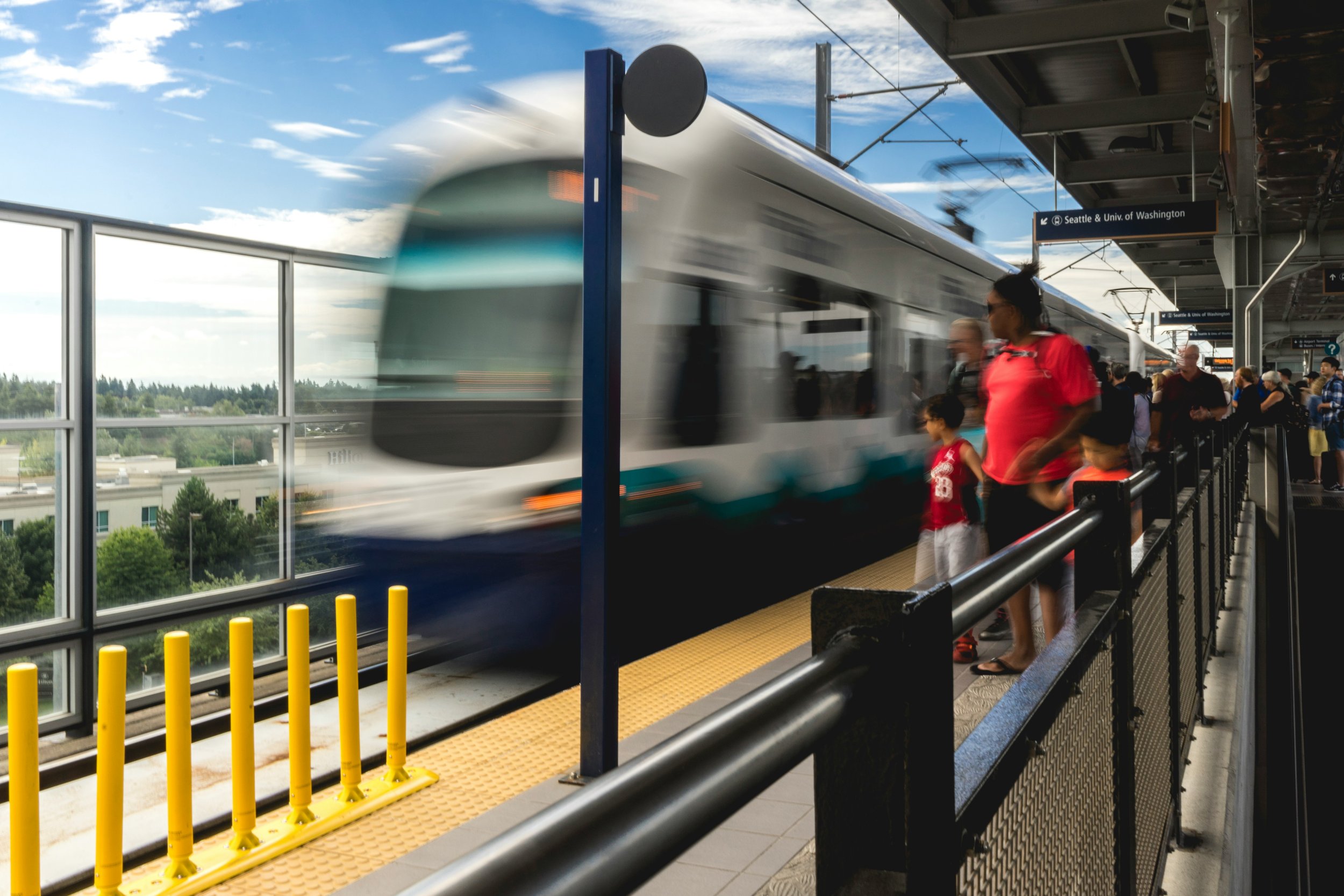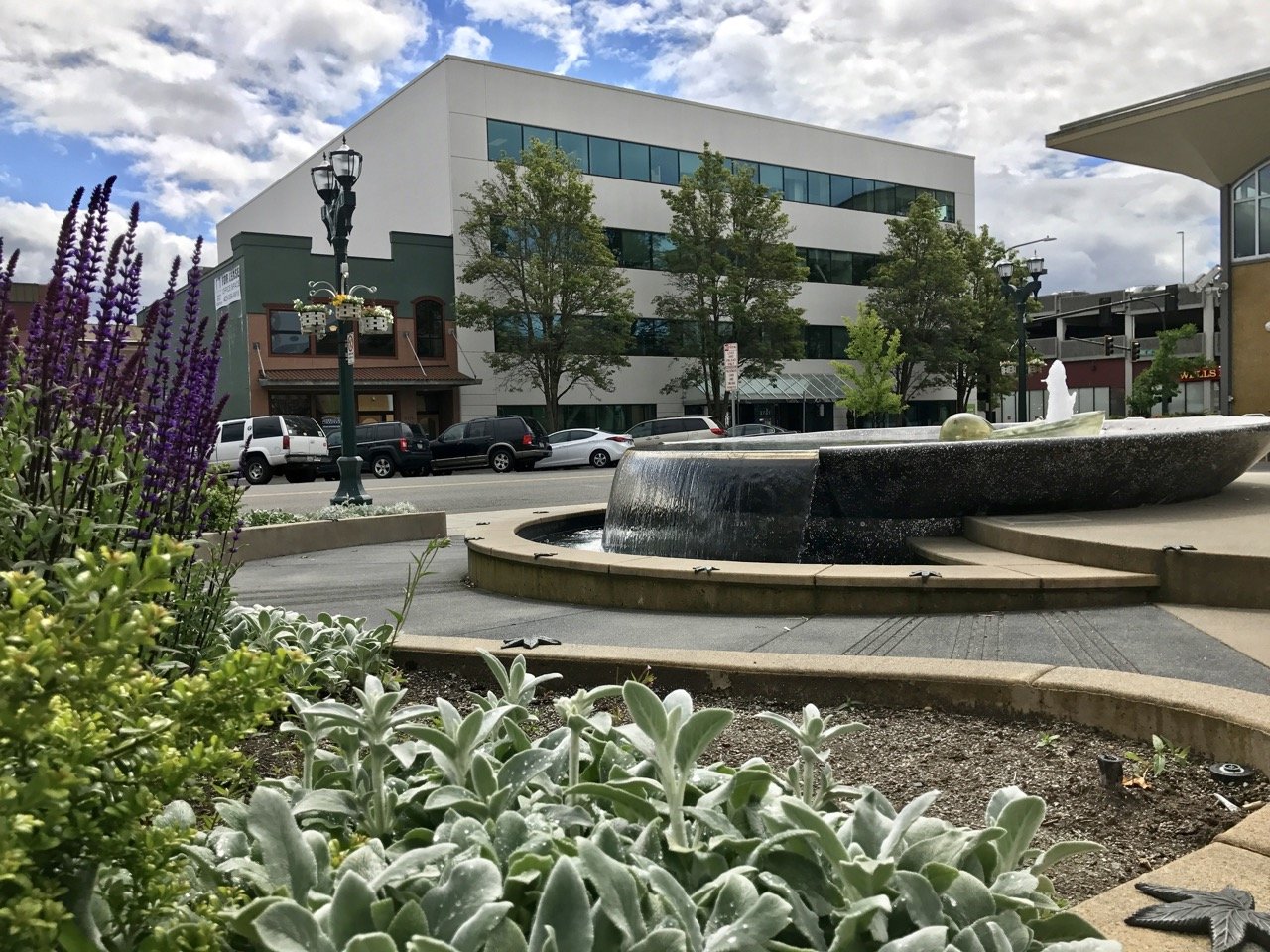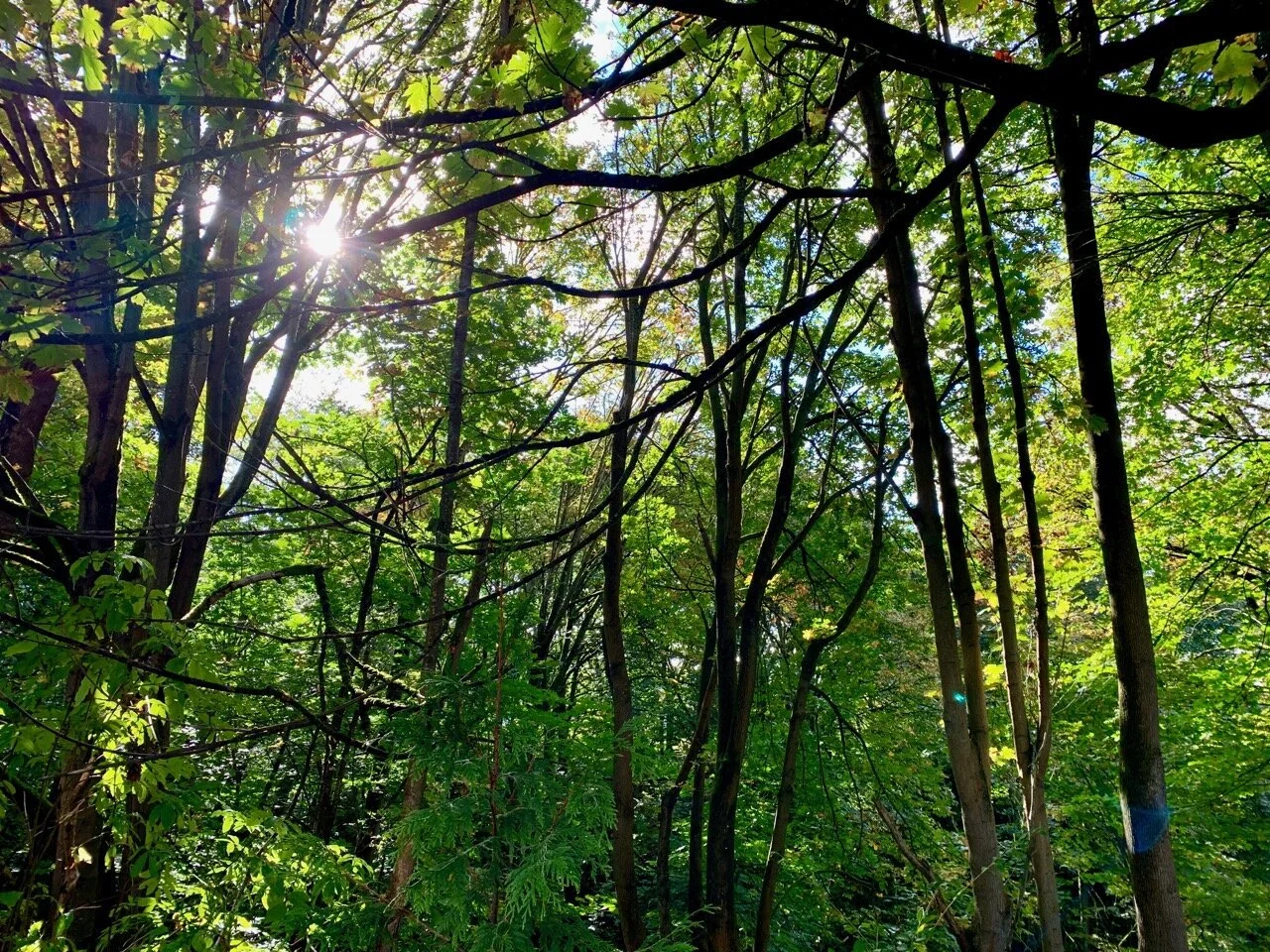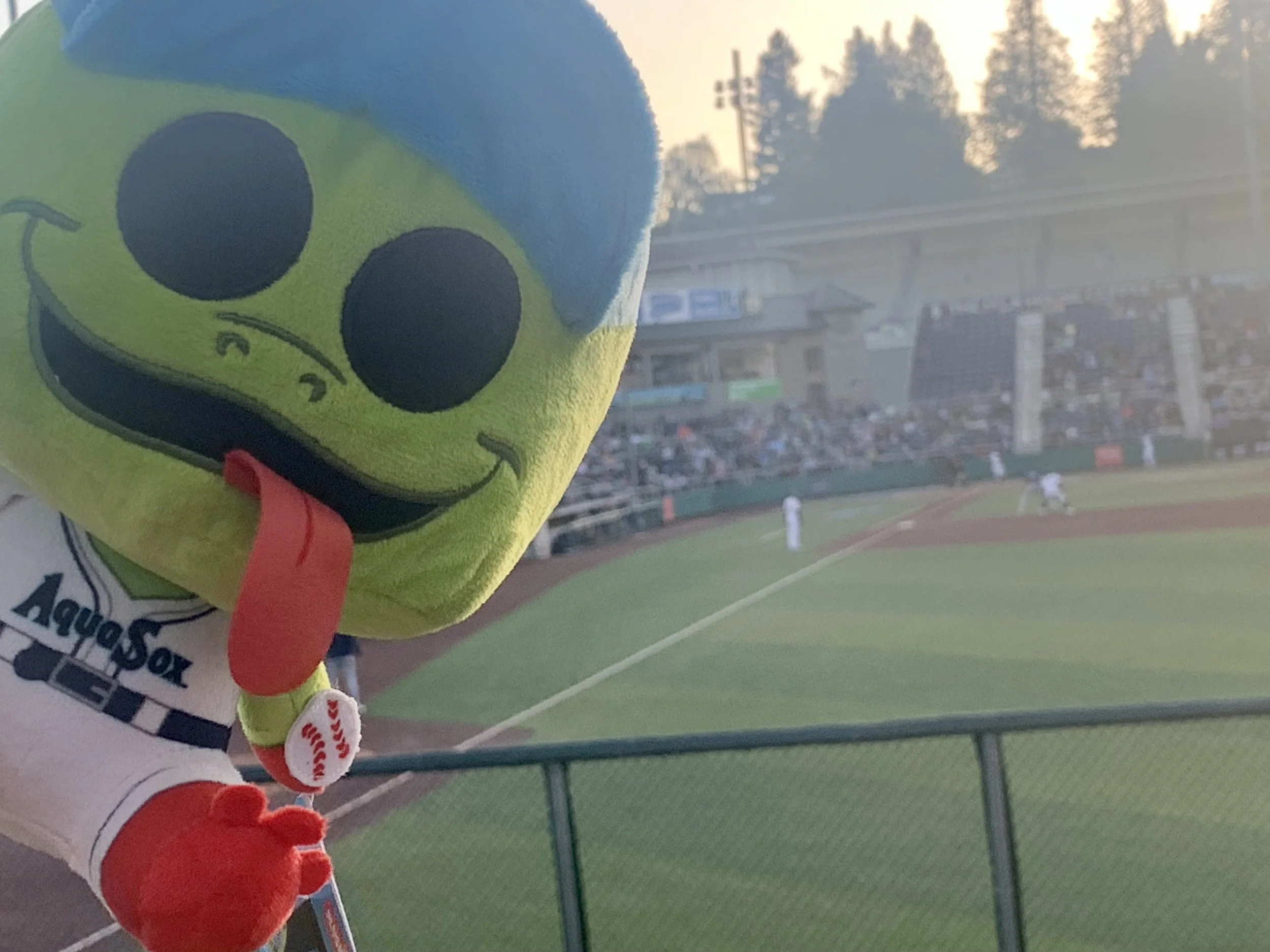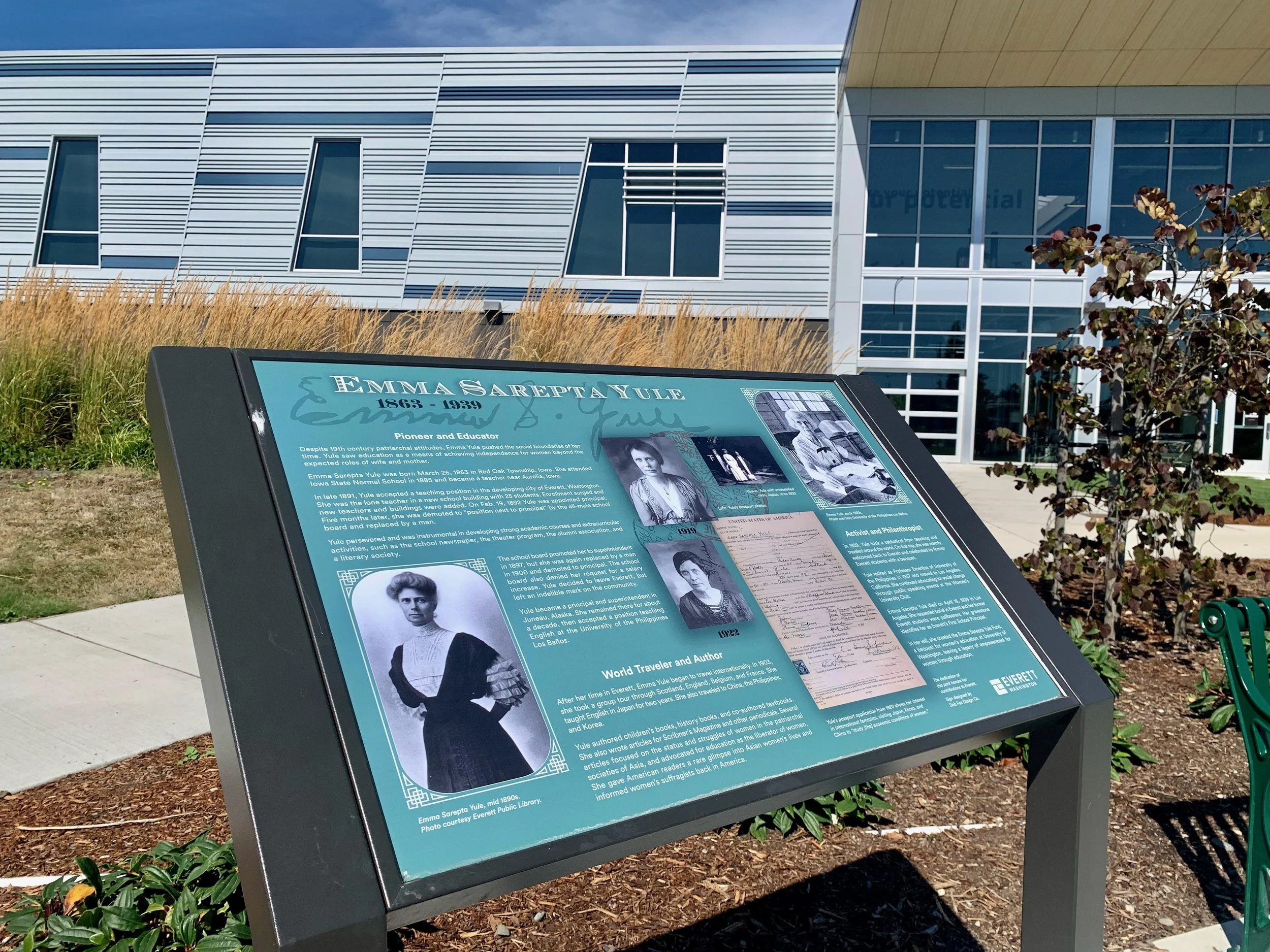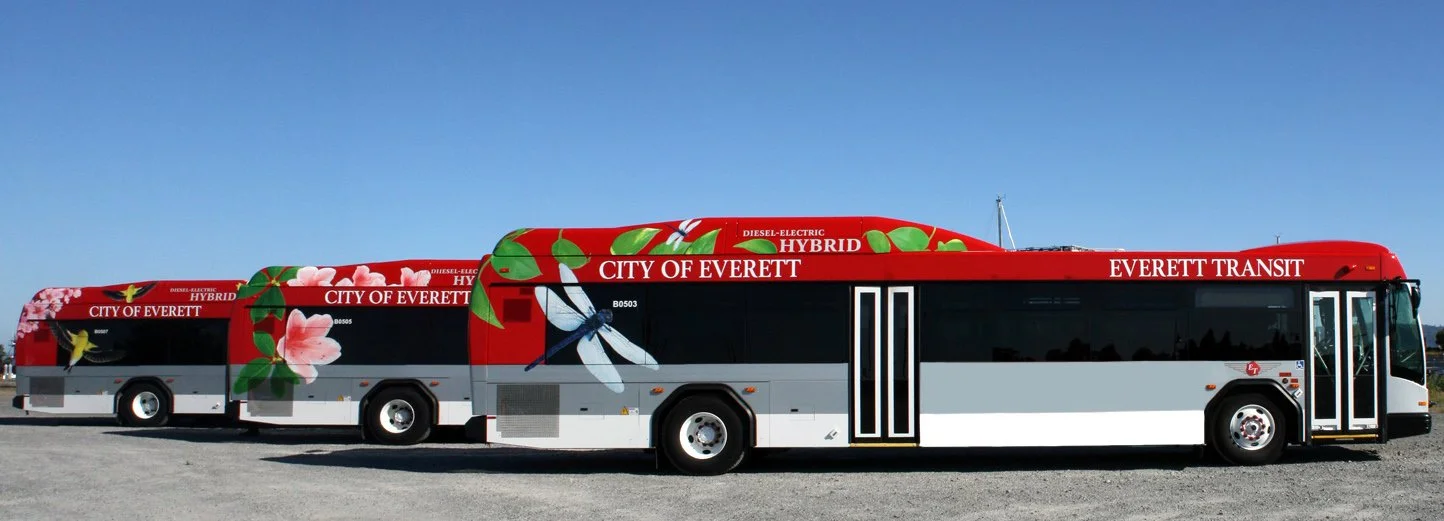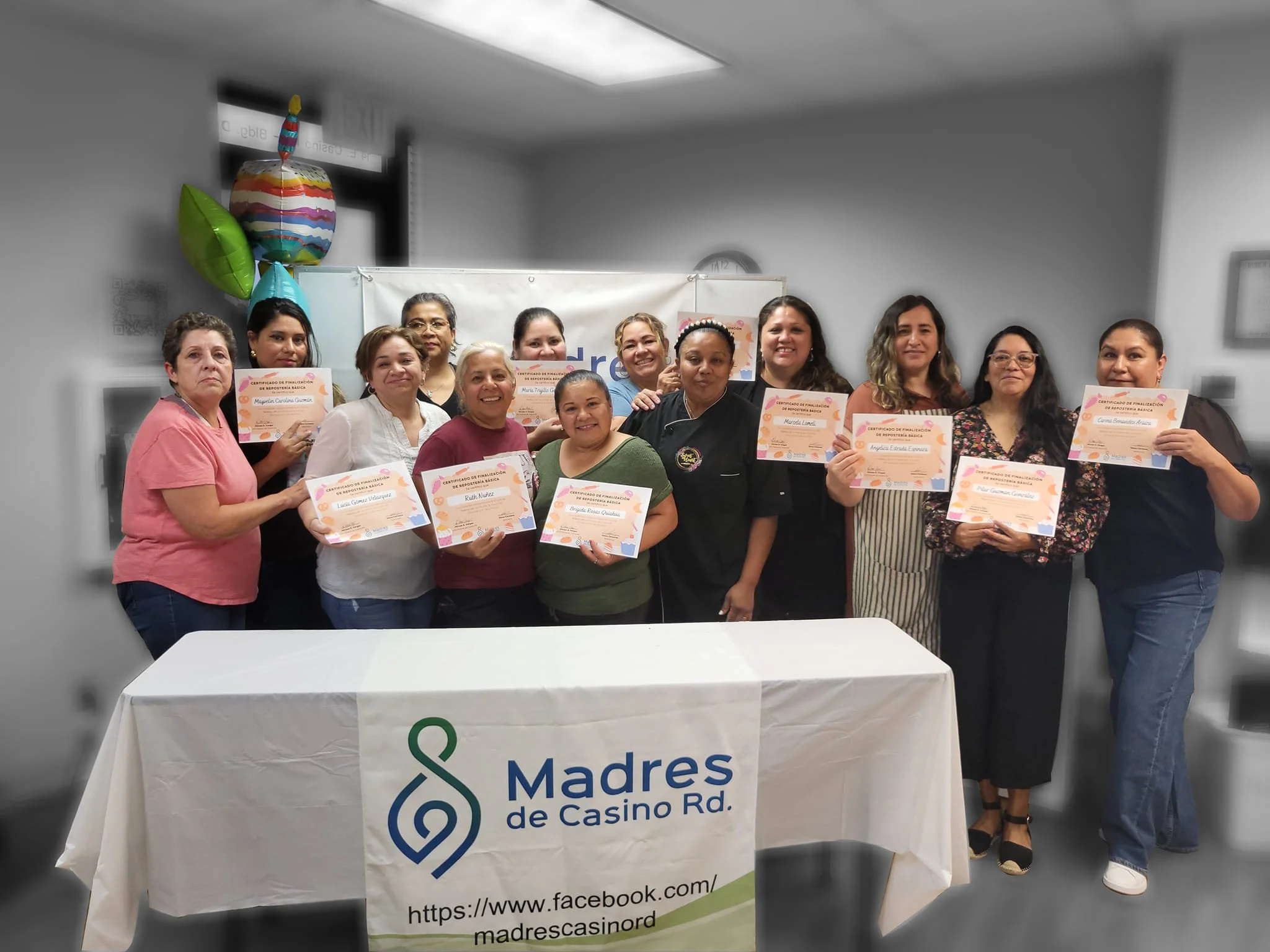Streams, Creeks, and Watersheds: Critical for Our Community, Critical for Our World: Part 3
Editor’s note: This is part three of a three-part series. You can read part one here and part two here.
The past few weeks, we've talked about what we call the areas around small bodies of moving water, why they're essential, and what we can do to help nurture and repair these areas to ensure a healthy natural community. In addition, we've learned about neighbors who have taken organized action through petitions, advocacy work, and education. In our Part 3 finale, we'll learn about what is already being done - on the city, county, and non-profit levels.
Everett cares about the surrounding community and has already started to preserve our watershed areas. For example, if you've ever enjoyed the natural beauty of our Langus Riverfront Park on the Smith Island Trail, that's all thanks to the city's restoration efforts. The Smith Island/Union Slough Restoration site was first built in 2007 and was monitored for the following ten years to ensure the habitat was successfully restored. The city also collaborated with the county to create the Smith Island Estuary Restoration project, where tidal influence was restored to almost 400 acres of land, which supports local salmon recovery efforts. Everett's Public Works Department has also been monitoring Silver Lake's water health ("good," according to the 2022 report) and regularly removes milfoil that collects on the surface.
A peek under the surface at Northwest Stream Center // Angela Di Filippo
Everett's Public Works, specifically the Surface Water Management Program, is also taking steps to maintain and restore our creeks. Talking with members of that team, Dana and Kathleen, I learned about the sponsored Surface Water Comprehensive Plan and the Stormwater Management Action Plan. The former focuses on updating drainage points in Everett, prioritizing basin, watershed, and creek health, and analyzing the area to see where developments are coming in, as this allows the opportunity for stormwater treatment in places it hasn't been before.
There's a lot of collaboration with surrounding areas because Everett is the headwaters for three major drainage basins: Port Gardner, Lake Washington, and the Snohomish River. Working with other municipalities and jurisdictions is critical if we want our water to recover. The work focuses on stormwater retrofits, land use and policy planning, operational maintenance, and an educational/behavioral change component.
Northwest Stream Center Elevated Boardwalk // Angela Di Filippo
While the virtual public meetings are over (they ran from October 24-30th), the team was accepting feedback from the community through a comment form and a map where you can "pin" an issue and access many resources on the Public Works and Surface and Stormwater sites. Additionally, working under the premise of "if you see something, say something," Dana and Kathleen shared that they rely on the public to inform them about surface water issues. People can report anything they observe with an online form or by calling 24/7 dispatch at 425-257-8821.
According to Tom, our community has the potential to foster salmon runs - if we want to. We all can take small, meaningful actions to improve our streams and other small waterways, ensure new developments meet our environmental and sustainable needs, and protect the ecosystem that nourishes us when we care to sustain it.
Additional Resources:
Angela Di Filippo currently works in State Social Services and recently earned her Masters in Industrial/Organizational Psychology with extensive training in evidence-based leadership coaching. Angela moved from North Carolina to Washington 6 years ago and has proudly called Everett her home for 5 of those years. When not helping others solve problems in creative and strength-driven ways, Angela enjoys her time painting, hiking with her terrier-mix, Indy, and eating waffles.





